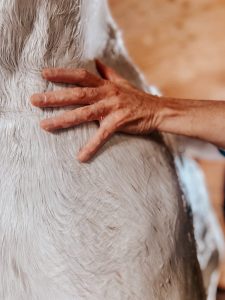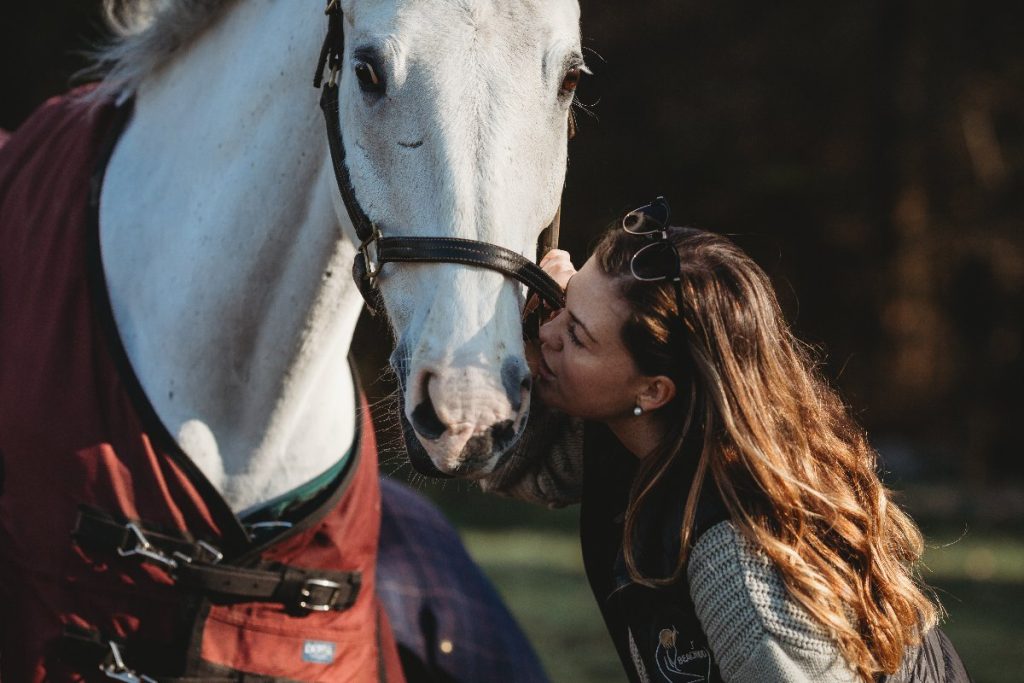How Does Adoption Affect a Child?
Humans are born helpless and vulnerable. When we are new to this world we know only the connection that had given us life in the womb. We are completely dependent, requiring our mothers to feed us, help us grow, and keep us safe. Because of this we have an innate and inseparable bond with our mothers. We know instinctively that we must stay connected in order to survive.
When the maternal bond is severed at an early age, the experience is traumatic. When your lifeline is suddenly removed, no matter the circumstances, an infant/child is aware that it is a life or death situation.
At the age that a person is developmentally ready to begin to separate from their family, the initial trauma often resurfaces. Separation triggers can include beginning to branch out in friend groups, going to college, or other ways of moving toward independence such as figuring out what to do professionally.
Seven Core Issues in Adoption
Author Sharon Kaplan Roszia wrote “Seven Core Issues in Adoption”, which explains characteristics that affect adopted children throughout their lifetime. They are as follows:
- Loss- the detachment of your mother
- Rejection- the feelings of unworthiness due to the loss
- Shame and Guilt- undeserving and responsible for this pain
- Grief- the inability to accept the loss since the loss isn’t considered deserving
- Identity- lack of understanding of the self
- Intimacy- inability to be close to another
- Mastery and Control- powerlessness

These internal issues can cause behavioral and emotional outbursts or immobility of emotions even in the best of adoption cases. All of these experiences are etched in a child when taken away from their birth mother from an early age and can have a lasting impact, including depression, anxiety, and codependency.
Adoption Trauma Can Show in Many Ways for Many Reasons
“We often hear from adoptive families when adopted children are triggered and parents don’t know where the behavior is coming from.” Says Beachwood’s founder and Executive Director Lynne Bryan Phipps. “We get calls from parents because their child is behaving differently – and exhibiting what they would call atypical or irrational behavior.”
Lynne went on to explain; “It’s a triggering time because it is developmentally appropriate for the child to separate, but the trauma of the premature separation surfaces – often without words, and with lots of dysregulation. Cortisol and adrenalin, flood the body, making it very difficult to move forward. The reactions are usually quite appropriate to the age and stage when the trauma originally happened, making the reactive behavior atypical for the individual’s current age and stage.”
“It made perfect sense when Lynne explained it to me.” Reported one client parent.
We were all so excited when our daughter wanted to try Integrative Equine Therapy (IET). “ She wanted so badly to feel better!
How do I help heal my adopted child?
Because the traumatic experience is both preverbal, and life-threatening (to an infant,) the awareness that their life has been, and can be threatened is in the body.
That’s very young for that kind of information, and it can be extremely difficult for them to even acknowledge. Nonverbal trauma can be challenging to recognize and accept because when the experience happened, they were unable to communicate their fear and loneliness to anyone. In order to heal, trauma needs to be tended to.

Recognize and Empathize
During times when your child is showing signs of sensitivity and stress, keep in mind what they have been through and that they likely have no conscious awareness of why they are struggling. Simply acknowledging that they are struggling will help. Let your child know that you are not going anywhere.
No matter how far away they go, you will always love them and be their parent.
Help them name their feelings and support the emotions they are having. Let them know that they can process their feelings safely.
Remember the seven core issues and help reassure your child through affection and support.
Seek Support
Working through trauma is not easy for the adopted child or the adopted family. Seeking out a therapist that can help the child acknowledge their feelings and begin to interpret them in a safe and supportive environment is the next step in the healing process.
Beachwood Center for Wellbeing specializes in a non-verbal form of therapy called Integrative Equine Therapy (IET). We use the power and instincts of horses to work through trauma in a safe space and connect the emotions that are being stored with the experiences so they can be processed. You can learn more about this type of therapy here.
